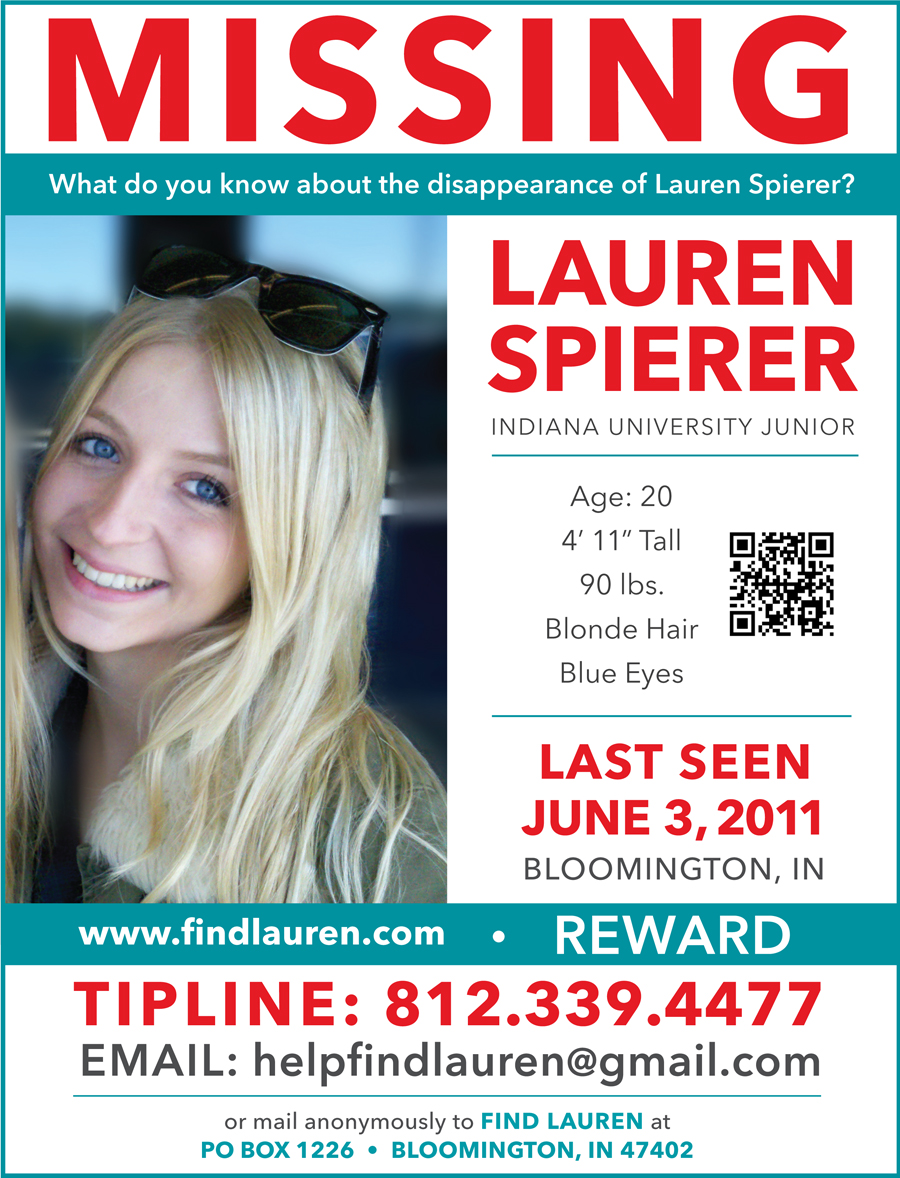Trogs, Blollops and Blomit
 Saturday, December 26, 2009 at 8:36PM
Saturday, December 26, 2009 at 8:36PM On Language: A Short Study
We have moved into an age when people interact more and more online and on cell phones, and less and less in person. A friend was telling me how her children text message each other from their bedrooms, right across the hall from each other. What happened to the days of person-to-person meetings? I hear tales of people texting each other while sitting at the same dining room table, if people actually do much of that anymore. Imagine that concept… eating together. Shocking! In this day and age, if you can’t make it home for the holidays, you can spend it online or on your cell phone inside a virtual village, a wireless community; replete with trimmings galore - Apps, they’re called today. The only thing missing is the aroma of a home cooked meal and real, live hugs. Don’t worry, smells can’t be far behind. Hopefully, nothing will ever replace a hug. (((HUGS))) doesn’t quite do it for me, although the meaning is clear and appreciated, especially when we are miles and miles apart.
There are new ways to communicate through language abbreviations because of texting. Is it because we live in a “now” world, where we hurry everything? Must we shorten things abruptly to speed things up? CMIIW, but texting is here to stay. Now, wasn’t that personal? Just remember, today’s toys are tomorrow’s junk.
I consider the 80s to be the beginning era of the downslide of close, personal interaction. We could have been chatting up a storm, face-to-face, when suddenly, a beeper permeated the earwaves. Just like that, our networking, as opposed to interacting, came to a screeching halt. Not just us, but everyone in the vicinity of the annoying noise stopped what they were doing to quickly look down at the little plastic box attached to their waist. “Was that yours or mine?”became the mantra en masse. Within seconds, the person who was alerted (the beepee or BP, in condensed form?) left to go to the nearest pay phone, something else that’s pretty much a relic in this day and age, along with those pesky little beepers. Nowadays, cell phones have usurped them, and alas, there will never be a beeper museum in the near or distant future. Interestingly, we went from those simple, yet impersonal alarms, which had a useful purpose in their day, to cell phones, to even more impersonal text messaging. Casey Anthony was notorious for texting back and forth with her friends. How else would we know about dead squirrels that never were? Had she made a more personal phone call, we’d still be in the dark and far from Government in the Sunshine. One of the strange byproducts of less personal interaction is the nature of the digital beast. Conversely, the less we know about each other, the more we know about total strangers.
Because of the leaps and bounds made as technology advances, I want to briefly explore the concept of new words as they become an accepted part of our culture and lexicon. A good example is podcast. Podcast originated from combining the iPod, a portable media player (of audio and/or video files) produced by Apple, with the word broadcast. It was first used by Ben Hammersley in The Guardian newspaper in February 2004, along with several other names that were vying for the description without even trying or knowing about it. Podcasting it became and the rest is history. What distinguishes such words that work their way into language is the history of how they evolve from single words. Podcast, for example, is a portmanteau word. A portmanteau word is used to describe a linguistic blend, namely “a word formed by blending sounds from two or more distinct words and combining their meanings.¹” Thus, iPod + broadcast = podcast. Had Microsoft marketed the first personal media player, we might be spreading Zunecasts instead. Years ago, I coined velvis, which is a portrait of Elvis Presley painted on velvet… velvet + Elvis = velvis. There are scores and scores of examples and they are not new to the 20th 0r 21st century.
The first known use of a portmanteau, or combination word, was coined by Lewis Carroll in Through the Looking Glass, the 1871 sequel to the 1865 novelAlice’s Adventures in Wonderland, later shortened to Alice in Wonderland. He used slithy to describe lithe and slimy. As a matter of fact, Carroll came up with the word portmanteau when he described the morphing of words. According to the The American Heritage Dictionary of the English Language, the word portmanteau comes from French porter, to carry + manteau, cloak (from Old French mantel, from Latin mantellum). Charles Dickens also used this play on words in the names of some of his characters, the most famous one beingScrooge, which purposely came about from his combination of screw andgouge. We use countless portmanteau words in everyday language without realizing it. This blog is actually a combination of web + log. If you’ve ever had malicious software on your computer, it’s malware. Ask yourself, did the word malware even exist 10 years ago? How about spyware? I often think about words coined by advancing technology and it fascinates me to no end. Th eetymological study of the English language is one of my favoritepastimes… or is that past times? Nope, past time refers to time passed. History. Pastime means to make time pass agreeably. Oh, I could go on or hours, but that would bore you.
Though slithy has slipped through the cracks and is seldom, if ever, used today, it certainly describes some of the lurking trolls lolling about blog sites, especially those pertaining to the Casey Anthony case. Since I don’t like to use old portmanteaus when describing something that’s relatively new, there should be a word besides slithy to describe these lurking trolls. Maybe, we can coin a new word for them. Trogs, for instance, for blog trolls, except that it’s already a word describing something else. Several things, actually, but not trolls. Yes, it would work, but so would blollop, short for a blog trollop. I use the word trollop loosely, and not in the literal sense. I tend to fancy blollop because of the rather nonsensical sound of the word, just as nonsensical as the trolls themselves and the blomit they spew.
Anyway, I’m sorry, I rambled on my blog long enough. Hey, that could be brambling, but bramble is a thorny issue. How about blambling? We could have a lot of fun with this, but in order to reflect the times, I must cut this short. Besides, I got so wrapped up writing, I skipped breakfast. Hmm, maybe I’ll just have brunch. There’s a pretty good Tex-Mex restaurant down the street. Instead of calling to make a reservation or sending an e-mail (electronic + mail), I’ll send them a text message just to prove I’m still in vogue. Would that be Tex mexaging? Never mind. That’s a whole “nother” play on language and I’d better go before I start eating my own words.
L8RG8R!












 LEGAL NOTICE
©David B. Knechel. All Rights Reserved. No portion of this site can be reproduced in it's entirety or in part without expressed written permission by the owner/administrator of this site in accordance with the Digital Millennium Copyright Act. Section 512(c)(3) of the U.S. Copyright Act, 17 U.S.C. §512(c)(3). The charges against defendants are mere accusations and the subjects are presumed innocent until found guilty in a court of law.
LEGAL NOTICE
©David B. Knechel. All Rights Reserved. No portion of this site can be reproduced in it's entirety or in part without expressed written permission by the owner/administrator of this site in accordance with the Digital Millennium Copyright Act. Section 512(c)(3) of the U.S. Copyright Act, 17 U.S.C. §512(c)(3). The charges against defendants are mere accusations and the subjects are presumed innocent until found guilty in a court of law.
Reader Comments